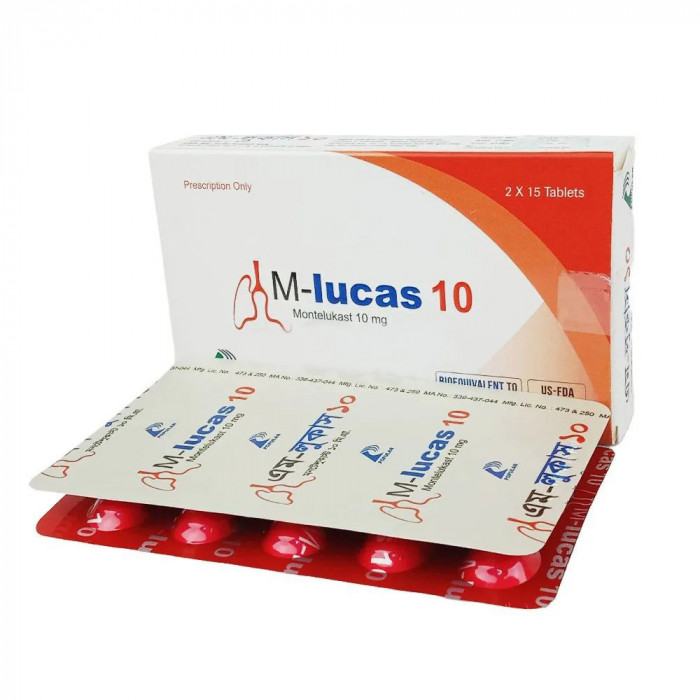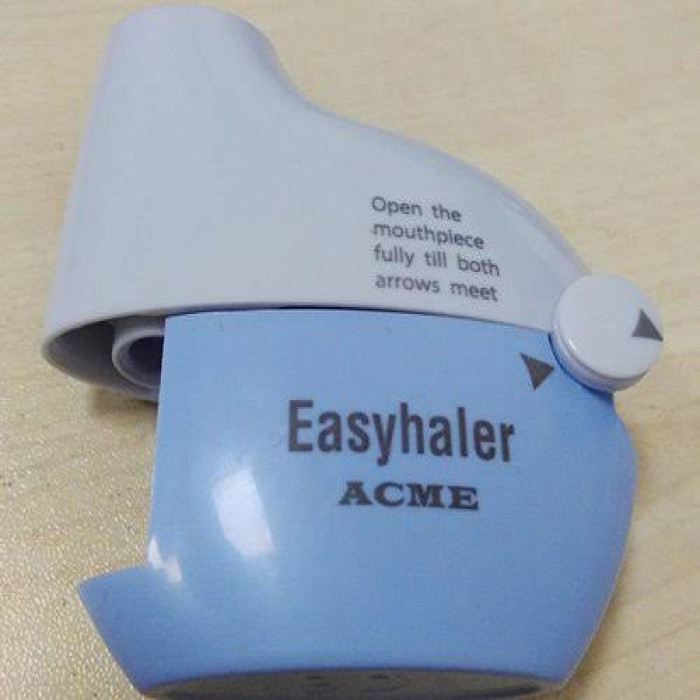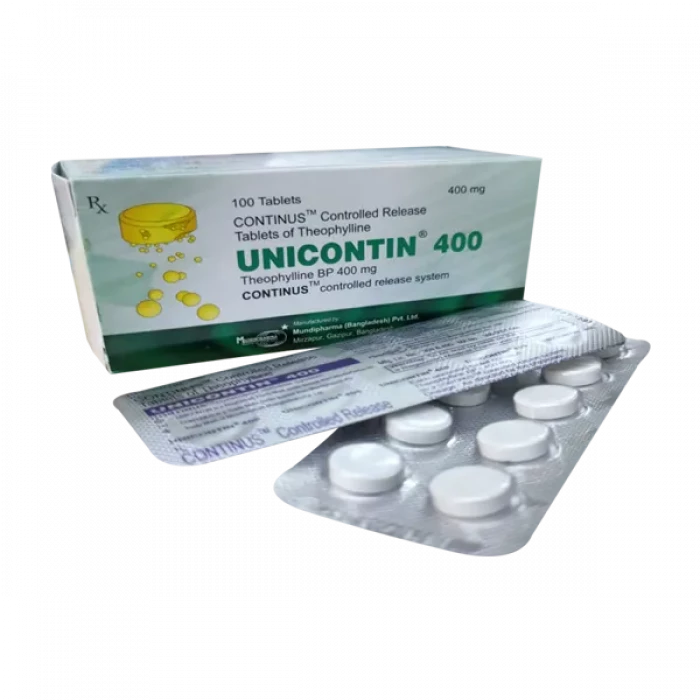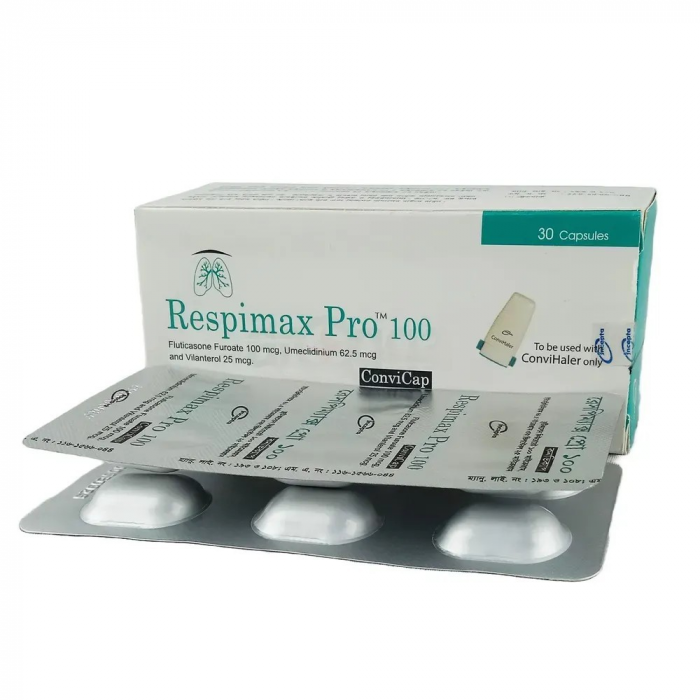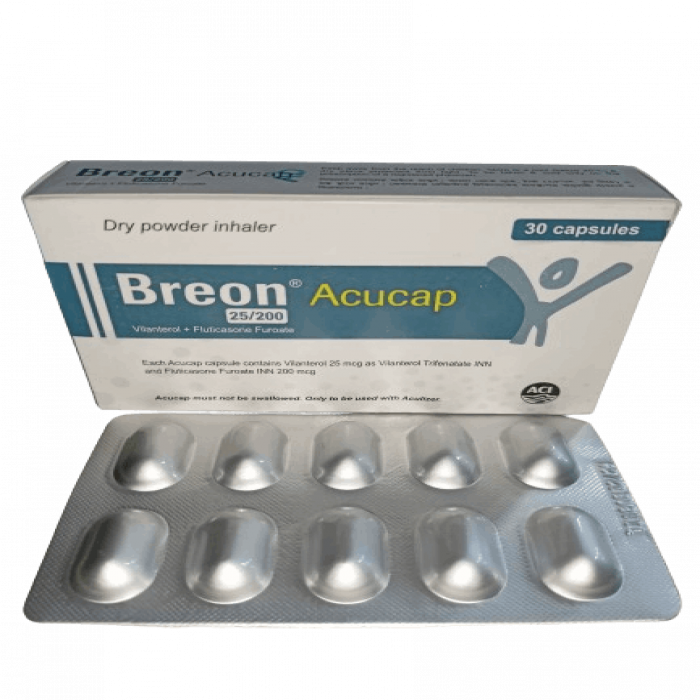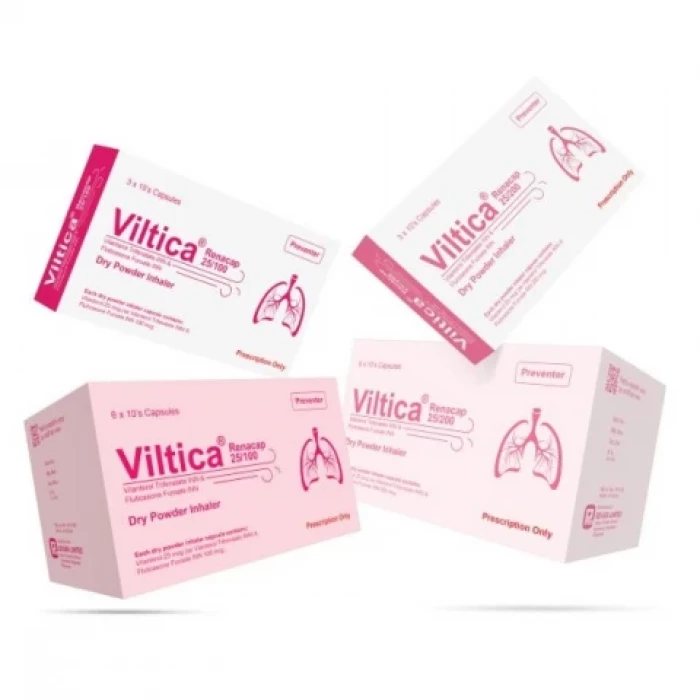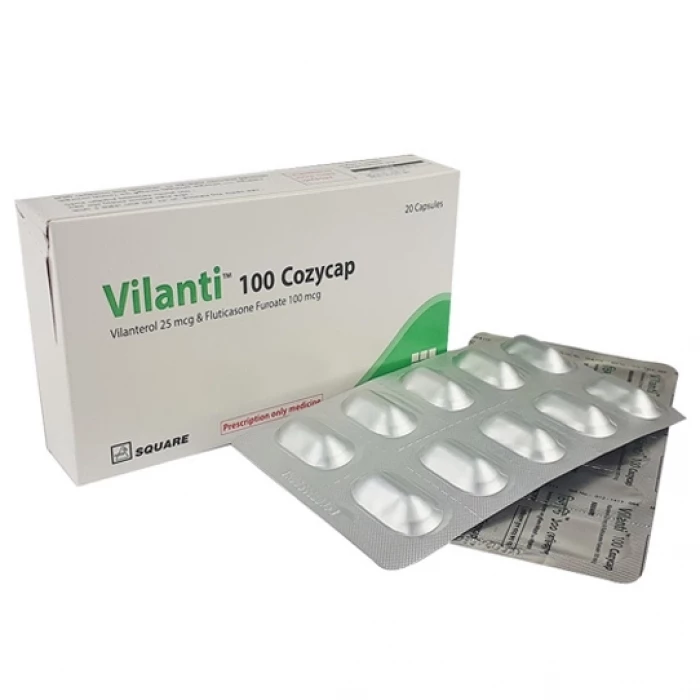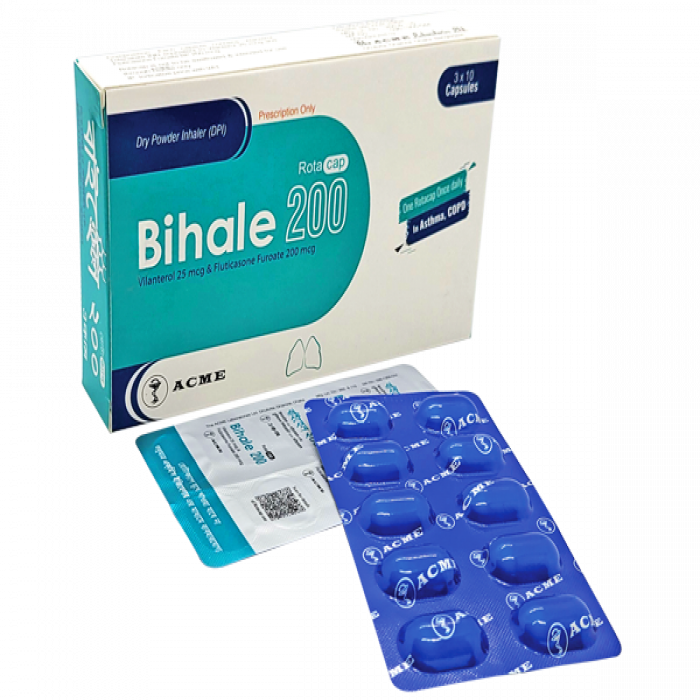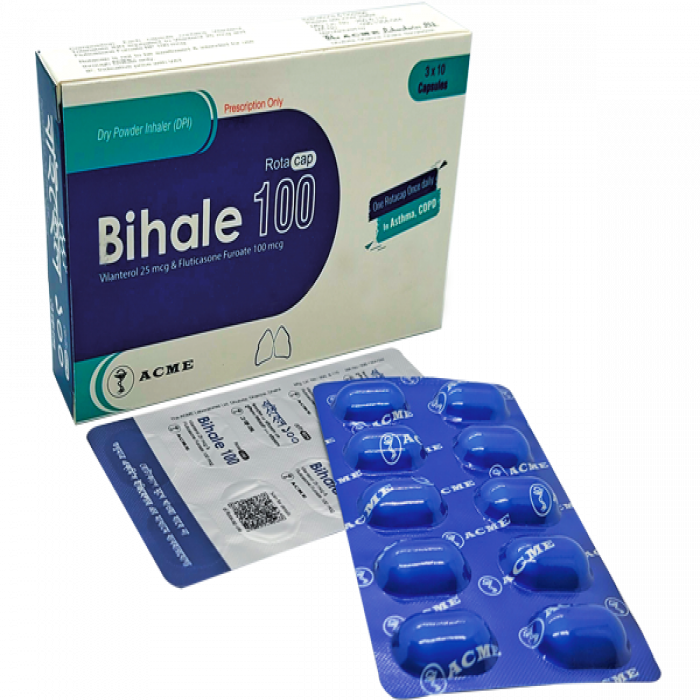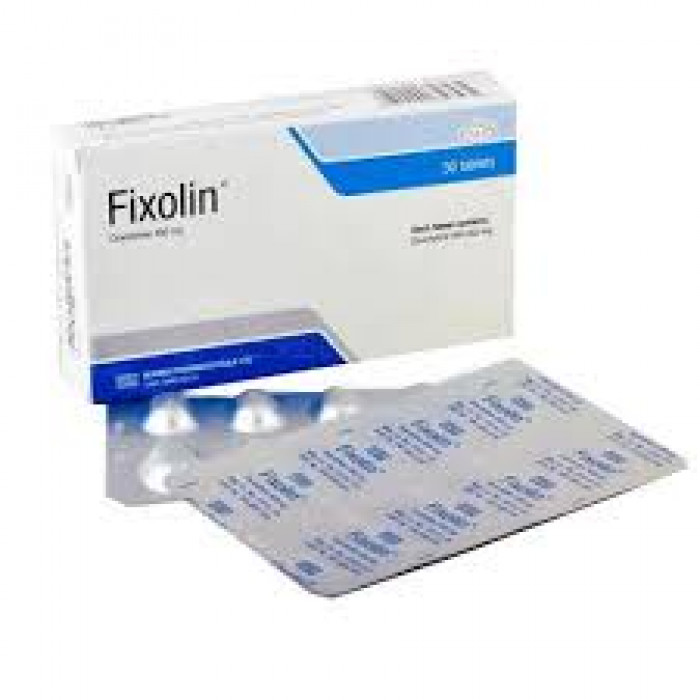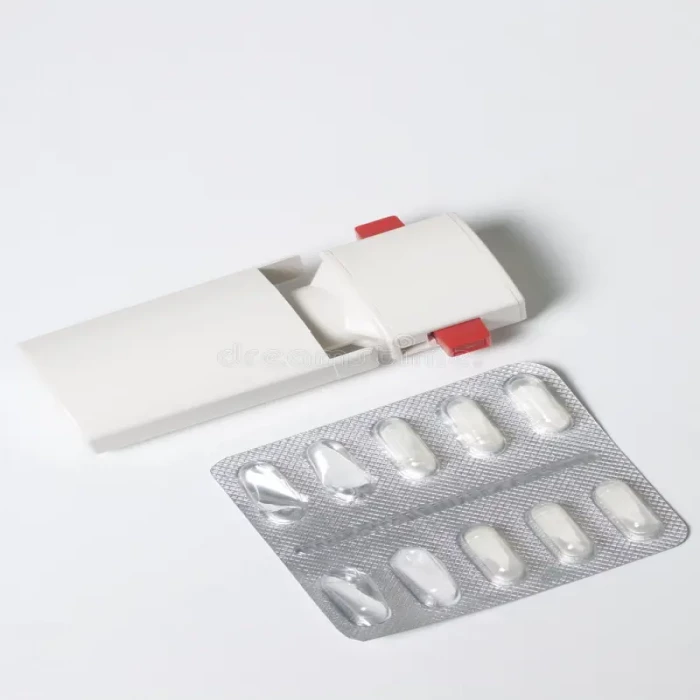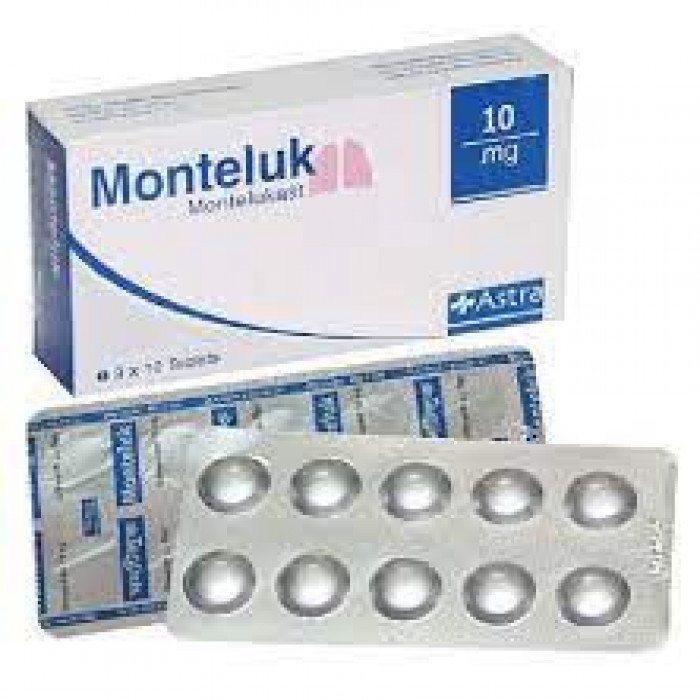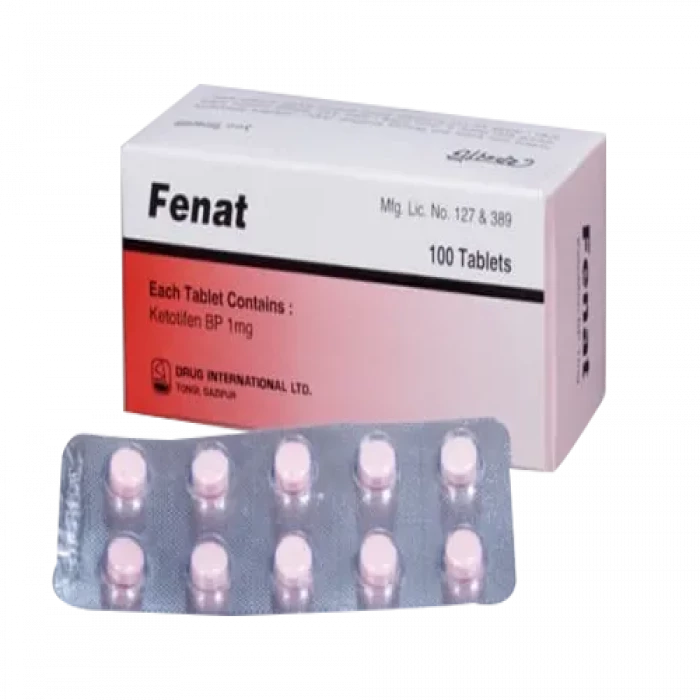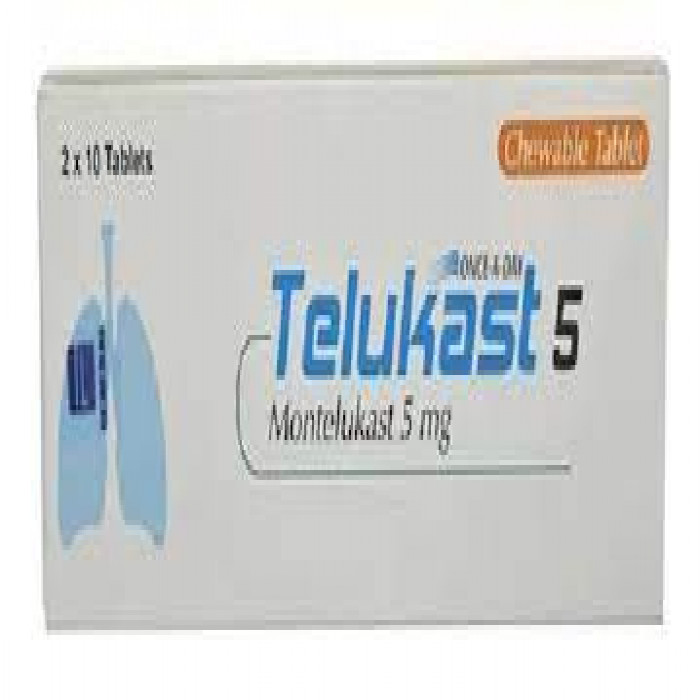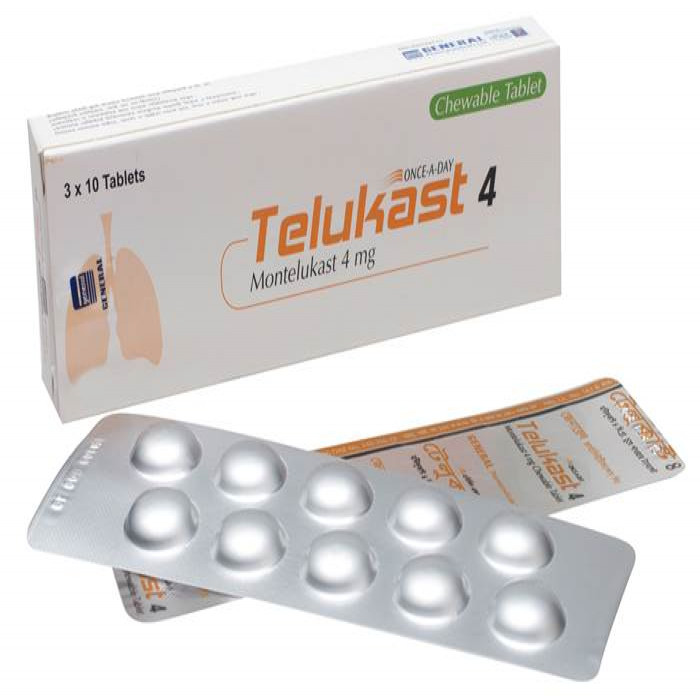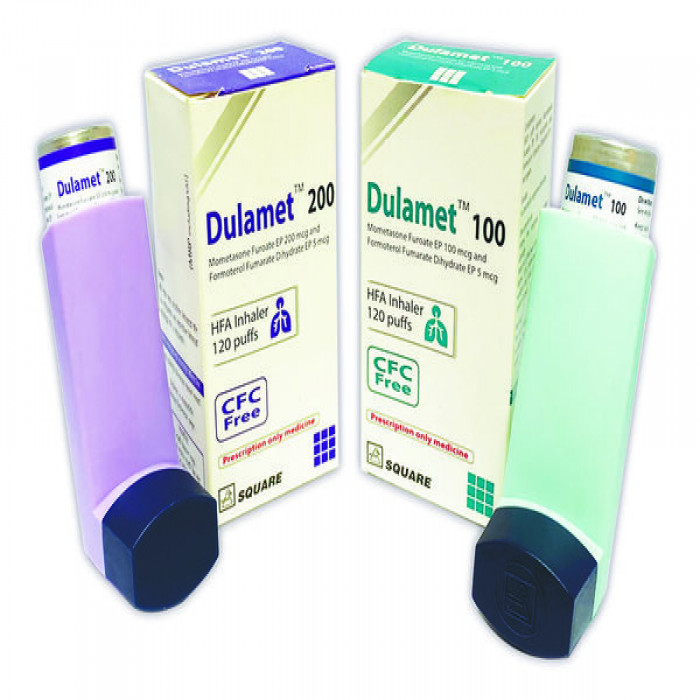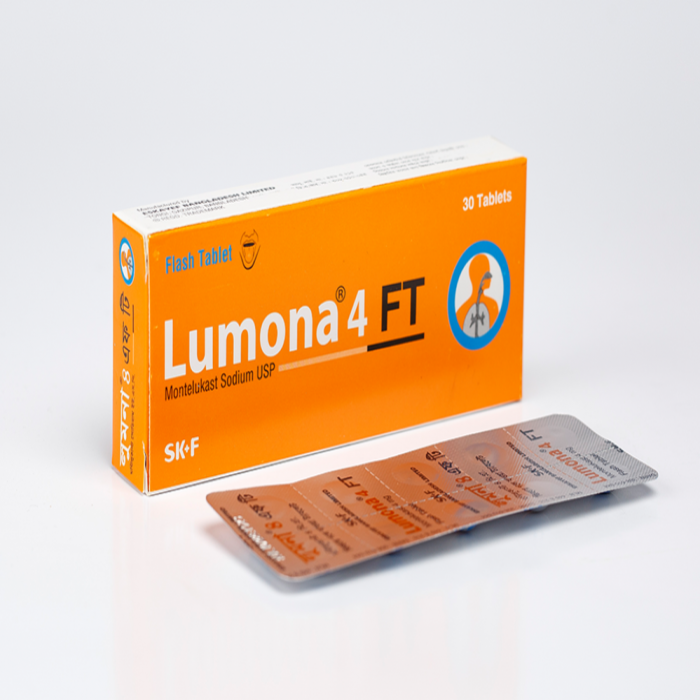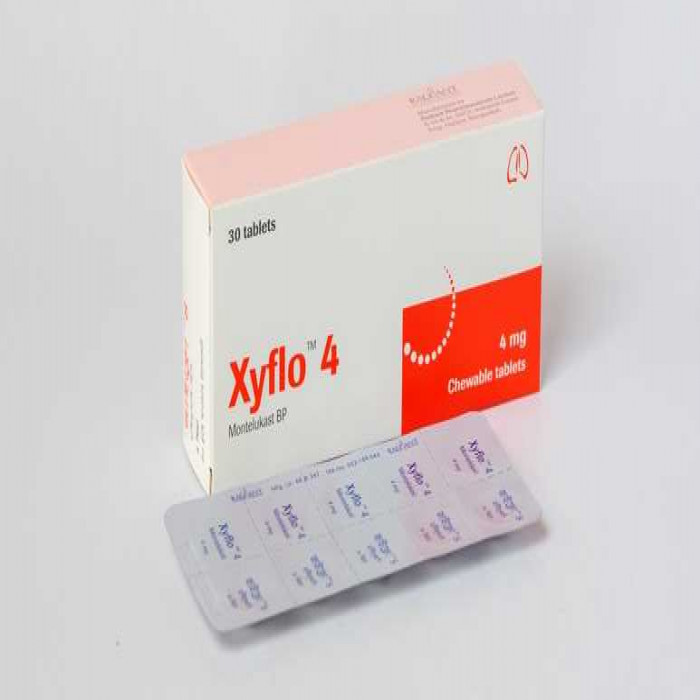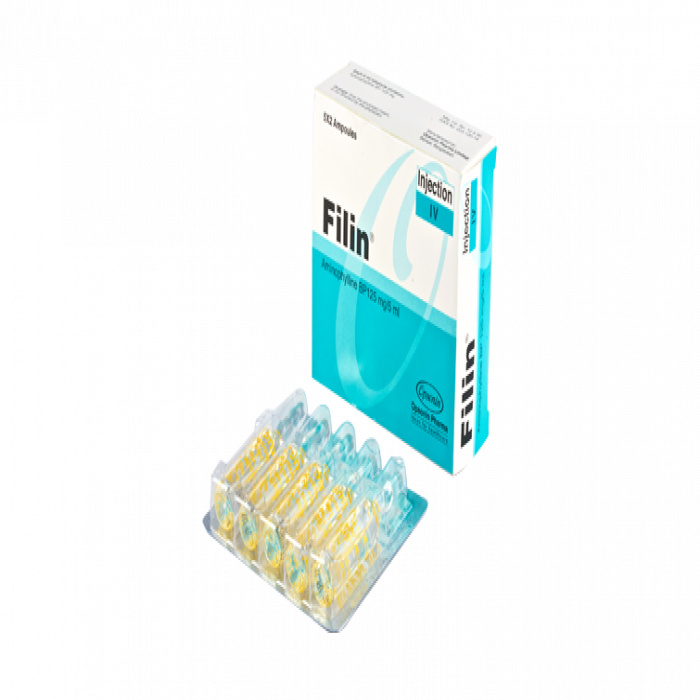

✔ 100% Authentic Product

Filin IV Injection 1pc
Aminophylline is used in the treatment and prevention of chronic obstructive pulmonary disease.

100% Genuine Products, Guaranteed
Safe & Secure Payments, Always
Fast, Secure & Efficient Delivery
Proper Packaging
Cashback offer (Optional):
🔹 Foreign manufacturer products are not applicable for Cashback offer
 Cash on Delivery - All over Bangladesh
Cash on Delivery - All over Bangladesh Urgent Delivery - 2 Hours Dhaka City
Urgent Delivery - 2 Hours Dhaka City ফ্রি ডেলিভারি! - ১৪৯৯ টাকা+ অর্ডারে ঢাকা
শহরে ।
ফ্রি ডেলিভারি! - ১৪৯৯ টাকা+ অর্ডারে ঢাকা
শহরে । ফ্রি ডেলিভারি! - ২৯৯৯ টাকা+ অর্ডারে ঢাকার
বাহিরে ।
ফ্রি ডেলিভারি! - ২৯৯৯ টাকা+ অর্ডারে ঢাকার
বাহিরে ।
✅ Description:
Filin IV Injection is a bronchodilator used for the relief of bronchospasm associated with asthma and chronic obstructive pulmonary disease (COPD).
Filin IV Injection contains Aminophylline, which helps relax and open air passages in the lungs, making breathing easier.
Filin IV Injection should be taken as prescribed by your doctor. The dosage will be based on your medical condition and response to treatment. Always follow your doctor's instructions.
Avoid taking Filin IV Injection if you are allergic to it. Inform your doctor about your complete medical history, any allergic reactions, and current medications before starting Filin IV Injection.
Safety Advices

Alcohol
UNSAFE
Caution is advised when consuming alcohol with Filin. It is best to consult your doctor for personalized advice.

Pregnancy
CONSULT YOUR DOCTOR
Filin may be unsafe to use during pregnancy. Although there are limited studies on humans, animal studies have shown harmful effects on the development of babies. Your doctor will weigh the benefits and any potential risks before prescribing it. Please consult your doctor.

Breastfeeding
CONSULT YOUR DOCTOR
Filin is considered safe to use during breastfeeding. Human studies suggest that the drug does not pass into breast milk in significant amounts and is not harmful to the baby.

Driving
CAUTION
Filin does not usually affect your ability to drive. However, always follow your doctor’s advice regarding driving and operating machinery.

Kidney
CONSULT YOUR DOCTOR
Filin should be used with caution in patients with kidney disease. Dose adjustment may be necessary. Please consult your doctor for appropriate guidance.

Liver
CONSULT YOUR DOCTOR
Filin should be used with caution in patients with liver disease. Dose adjustment may be necessary. Please consult your doctor for appropriate guidance.
✔️ Uses of Filin IV Injection
- Asthma
- Chronic obstructive pulmonary disease (COPD)
✔️ How does Filin IV Injection work?
It works by relaxing the muscles of the airways and widening the airways. This makes breathing easier.
✔️ Side Effects of Filin IV Injection
Common side effects include gastric irritation, nausea, vomiting, diarrhea, hematemesis, epigastric pain, and tremor. High doses may lead to ventricular arrhythmias or seizures, reactivation of peptic ulcers, headache, irritability, restlessness, insomnia, twitching, convulsions, reflex hyperexcitability, palpitations, tachycardia, hypotension, circulatory failure, ventricular arrhythmias, flushing, albuminuria, diuresis, hematuria, and inappropriate ADH syndrome.
✔️ Quick Suggestions:
- You have been prescribed Aminophylline for the prevention and treatment of asthma and chronic obstructive pulmonary disease (COPD).
- It should be taken at the same time each day, preferably in the evening after food.
- It does not work right away and should not be used to relieve sudden breathing problems. Always keep a fast-acting (rescue) inhaler with you.
- Your doctor may take regular blood tests to monitor potassium levels and the level of this medicine in your body.
- Notify your doctor if you have ever been diagnosed with kidney, liver, or heart disease, or if you have a smoking history. Your dose may need to be adjusted.
- Do not discontinue use without consulting your doctor, even if you feel better.
✔️ Indication of Filin IV Injection
Aminophylline is indicated for the treatment and prophylaxis of bronchospasm associated with asthma, emphysema, and chronic bronchitis. It is also used in adults for treating cardiac asthma and left ventricular or congestive cardiac failure.
✔️ Pharmacology
Aminophylline is a combination of theophylline and ethylenediamine. Ethylenediamine increases the solubility of theophylline in water. Theophylline relaxes bronchial smooth muscle by increasing intracellular cAMP through inhibition of phosphodiesterase, antagonizing adenosine receptors, antagonizing prostaglandins, and affecting intracellular calcium.
✔️ Dosage & Administration of Filin IV Injection
- Adults: Loading dose of 5 mg/kg (ideal body weight) or 250-500 mg (25 mg/ml) by slow injection or infusion over 20-30 minutes. The maintenance infusion dose is 0.5 mg/kg/hr with a maximum rate of 25 mg/min.
- Children: Same loading dose as adults. The maintenance dose is 1 mg/kg/hr for ages 6 months-9 years and 0.8 mg/kg/hr for ages 10-16 years.
- Elderly and those with hepatic impairment: Dose reduction may be necessary.
✔️ Drug-Drug Interactions
Aminophylline may interact with various medications, including:
- Heartburn or ulcer treatments: such as cimetidine.
- Antibiotics: like erythromycin and ciprofloxacin.
- Antifungal medications: such as fluconazole.
- Gout treatments: like allopurinol and sulphinpyrazone.
- Blood pressure or chest pain medications: such as diltiazem and propranolol.
- Antidepressants: like fluvoxamine.
- Epilepsy medications: including phenytoin and carbamazepine.
- Diuretics: like furosemide.
- Heart-related medications: such as isoprenaline and digoxin.
- Anthelmintics: like thiabendazole.
- Corticosteroids: such as prednisone.
- Oral contraceptives: like ethinylestradiol.
- Antimanic agents: such as lithium.
- Anticancer drugs: including interferon alfa and methotrexate.
- Stroke risk reducers: like ticlopidine.
Drug-Food Interactions
Avoid alcohol consumption while taking Aminophylline as it may increase drowsiness. Additionally, avoid St. John’s Wort (an antidepressant) and caffeine-containing foods or drinks, as they can interfere with Aminophylline's effectiveness.
Drug-Disease Interactions
Aminophylline should be used with caution if you have any of the following conditions:
- Heart problems
- Overactive thyroid gland (hyperthyroidism)
- Stomach ulcer
- Liver problems
- Seizures (fits) or convulsions
- Fever
- Viral infection
- Alcoholism
- Male patients with difficulty passing urine (due to an enlarged prostate gland)
✔️ Contraindications
Aminophylline should not be used in patients with hypersensitivity to xanthines or ethylenediamine, or in those with active peptic ulcers, as it may increase the volume and acidity of gastric secretions.
✔️ Pregnancy & Lactation
The use of aminophylline in pregnant women should be balanced against the risk of uncontrolled disease. Always consult a doctor before using aminophylline during pregnancy or lactation.
✔️ Precautions & Warnings
Aminophylline should be used with caution in patients with peptic ulceration, hyperthyroidism, hypertension, cardiac arrhythmias, other cardiovascular diseases, epilepsy, heart failure, hepatic dysfunction, chronic alcoholism, acute febrile illness, and in neonates and the elderly. These conditions may decrease theophylline clearance, leading to increased serum-theophylline concentrations and serum half-life.
✔️ Storage Conditions:
Store in a cool and dry place away from sunlight
Disclaimer:
ePharma sole intention is to ensure that its consumers get proper
information as musch as possible. Although we do not guarantee the
accuracy and the completeness of the information that provided and
here information is for informational purposes only.
The information contained herein should NOT be used as a substitute
for the advice of a qualified physician. This may not cover
everything about particular health conditions,
lab tests, medicines, all possible side effects, drug interactions,
warnings, alerts, etc. Please consult your healthcare professional
and discuss all your queries related to any disease or medicine. We
intend to support, not replace, the doctor-patient relationship.



